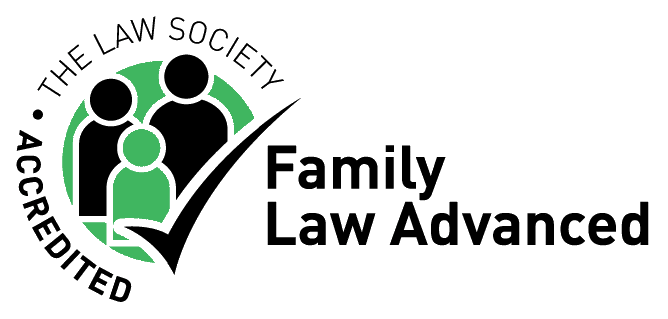A myocardial infarction (MI), also known as a heart attack, is a serious medical emergency that must be diagnosed and treated in a timely manner to avoid death, disability or other serious complications like heart failure and abnormal heartbeat.
If there has been a missed diagnosis or a delay in receiving appropriate treatment or complications caused by errors in diagnosis and/or treatment, you may be entitled to a claim for compensation.
At Powell & Co, we have a skilled team of specialist clinical negligence solicitors, one of whom is also in medical practice, experienced in assisting people who have suffered harm and/or have been bereaved because of a failure to diagnose and treat their or their loved one’s heart condition/heart attack quickly and correctly
What is a myocardial infarction (heart attack)?
The word myocardium means the heart muscle and the word infarction means injury or damage to heart muscle because of a sudden blockage of blood flow to the heart, usually by a blood clot formed after a cholesterol plaque rupture exposing the blood vessel wall and causes a clot to form at the site of the rupture.
What are the symptoms of heart attack?
The most common symptoms of heart attack are:
- chest pain or discomfort which comes on suddenly and may feel like heaviness or pressure in the chest or squeezing or tightness across the front of the chest
- pain occurring or spreading from the chest to your neck, jaw, shoulder blade or arm
- tingling or numbness in the hands
- shortness of breath or difficulty catching your breath
- feeling extremely fatigued
- heartburn and/or nausea
- vomiting
- feeling sweaty and clammy
- palpitations or awareness of your heart beating fast
- light-headedness or dizziness
You may not have chest pain but might have some of the symptoms listed above, particularly if you are over the age of 60 or are a diabetic.
You might not experience all the symptoms listed here but the more symptoms you have, the more likely it is you are having a heart attack.
What are the signs of heart attack?
As well as experiencing some of the symptoms listed above, a family member or friend might notice you look pale.
What to do if you or someone else is having symptoms of heart attack?
If you experience these symptoms and think you are having a heart attack, you must call dial 999 and you will be taken to the nearest Accident and Emergency Department for timely confirmation of the diagnosis and treatment.
Diagnosis
To determine if you are having a heart attack the doctor will ask you if you are experiencing any of the symptoms listed above. The doctor will ask a nurse to put you on a monitor to check your vital signs like your blood pressure and heart rate. The doctor will request some investigations, like the tracing of your heartbeat (an ECG), chest x-ray and blood tests.
Risk factors associated with heart attack
Some conditions make it more likely to be a heart attack when you have chest pain or any of the symptoms above. These include:
- age above 35
- smoking or being constantly exposed to cigarette or tobacco smoke
- high blood pressure
- diabetes
- high cholesterol
- obesity
- a family history of heart attack
- use of cocaine and/or other illicit drugs.
Treatment
The treatment of your heart attack will involve giving you some medications to relieve your pain, and thin your blood a bit and prevent more clots from forming. You may need to have clot busting medication or be taken to a catheter lab where the clot can be removed and a stent inserted into your blood vessels.
In what circumstances might negligence occur?
Examples include:
- If you request an ambulance through 999 and the ambulance fails to arrive and take you to hospital in a timely manner causing your assessment and treatment to be delayed.
- If there is a delay in triaging and assessing you in a timely manner when you arrive in A&E.
- If a nurse in A&E fails to monitor you or carry out and record you vital signs.
- If the doctor fails to interpret your ECG or blood test results correctly.
- If the doctor fails to make the correct diagnosis of heart attack and begin treatment urgently.
- If the doctor gives you the wrong investigation or treatment.
- If there is a delay of more than 90mins from the time you arrive at the doors of the hospital to receiving your stent treatment (known as primary percutaneous coronary intervention or PCI).
- If a GP fails to make an appropriate referral following a history of chest pain whilst exercising.
If you think you or your love one have suffered a heart attack which was not properly diagnosed or there was a delay in treatment resulting in complications or even death, call us today on 020 8854 9131 to discuss a potential no win, no fee claim for compensation or complete our online enquiry form and a member of our team will get back to you within 1 working day.













